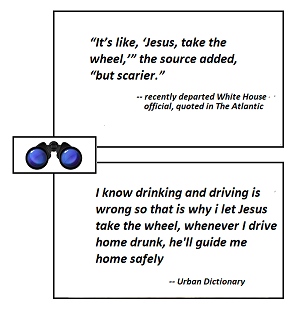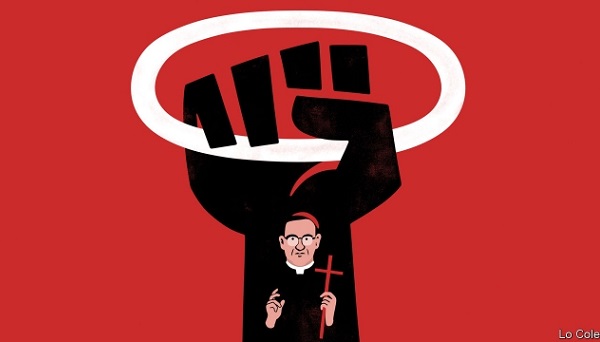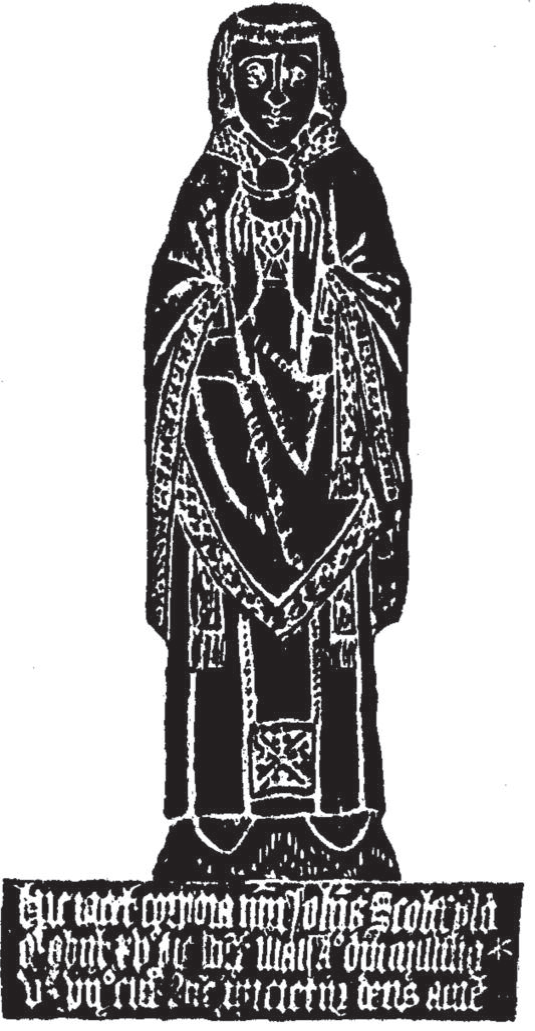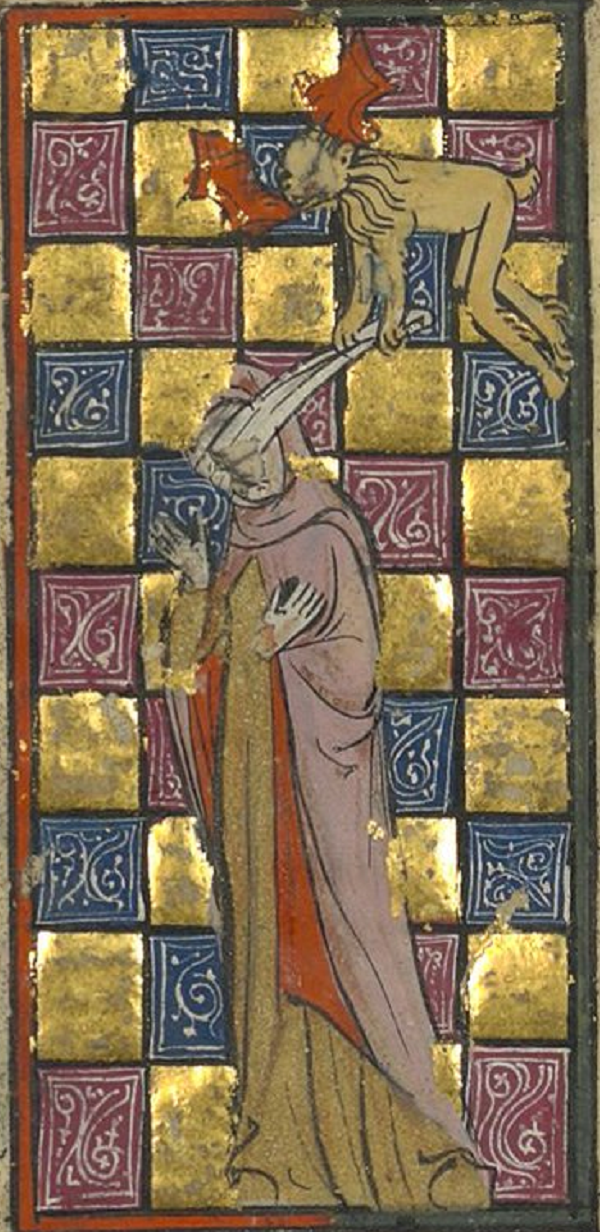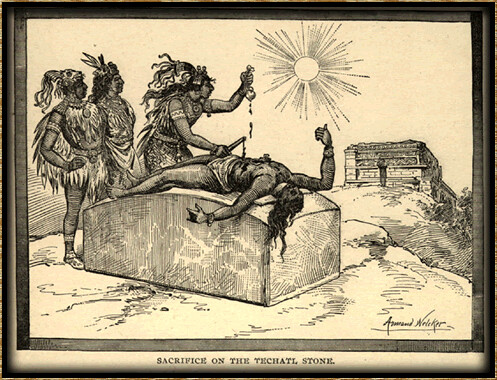Forget religion, it’s all politics!
Sunday, December 16th, 2018[ by Charles Cameron — Ukraine-Russia tensions reach Greece’s holy Mount Athos ]
.
Holy Athos
**
Forget religion, it’s all politics!
Thee title of the Guardian piece, which came to me via my admired scholar friend Michael Robinson, is Ukraine-Russia tensions reach Greece’s holy Mount Athos. Michael pointed it my way because “holy Mount Athos” — not because “Ukraine-Russia tensions”.
Nevertheless, forget religion, it’s all politics! (a popular refrain in our secular-dominant world)..
“Ukraine is an independent country and deserves its own church,” Makarios told the visiting Belarusians, who nodded dubiously. His view is not shared by all: a Ukrainian monk based at Makarios’s cell, Father Agafon, had a different opinion, calling those Ukrainians in favour of an independent church “splitters and heretics” and saying the Ukrainian church should remain under the control of Moscow.
and:
Although most of the monks on Athos are Greek, for many Russians, as well as Ukrainians and Belarusians, a pilgrimage to Mount Athos has become almost like an Orthodox version of the Islamic hajj, seen as a spiritual must for any true believer. Oligarchs and government elites particularly like the peninsula, with its difficult-to-obtain permits and air of a VIP club. In the weeks prior to the Guardian’s visit, Makarios said he had hosted a Belarusian army general, a number of Ukrainian MPs and several rich Russians at his austere cell.
Makarios’ austere breakfast, btw, is coffee and nuts — for the visiting generals, MPS and rich folk, too..
**
Forget religion, it’s all violence and strategy!
With a meeting in Kiev on Saturday set to formally proclaim the church’s independence, some are predicting violence if Kiev tries to seize church property from the Moscow patriarchy.
Subtitle of the piece:
Orthodox church’s decision to make Ukrainian branch independent of Russia causes schism and predictions of violence
and:
M:alofeev blamed the Americans for the turmoil, claiming that “Pyatt is trying to stir up the same things he did in Ukraine” in Greece. He also claimed Bartholomew’s entourage was “infiltrated with CIA agents” and said the decision to grant independence to the Ukrainian church could lead to violence in Ukraine and Athos to split with the ecumenical patriarch.
**
Forget religion, it’s all money!
One Russian who has been particularly active on Athos is Konstantin Malofeev, a businessman known as the “Orthodox oligarch”, who is currently on EU and US sanctions lists for his alleged role in funding the separatist insurgency in eastern Ukraine.
and:
He insisted that most of Athos was united in its loyalty to the ecumenical patriarch, but conceded that the feeling was not unanimous. “There are some monks who just love Russian money,” he said with a sigh.
**
Forget religion, it’s quintessentially religion..
For centuries, Orthodox men have come to Mount Athos, a closed peninsula in northern Greece, to sequester themselves away from the everyday concerns of the outside world. The only entrance is by boat, and women are strictly forbidden to set foot on the territory. Male pilgrims, after receiving a special permit, can visit to confess and seek counsel from the 2,000 monks at the 20 monasteries and smaller “cells” dotted along the hilly shoreline. It is one of the holiest sites of Orthodoxy, the eastern form of Christianity that split with Catholicism in the 11th century.
Monks enter Athos “to sequester themselves away from the everyday concerns of the outside world,” okay?
Athos runs on Byzantine time, an archaic system in which the clocks are reset each day at sunset, and it uses the Julian calendar, rendering Athos 13 days behind the rest of the western world. At sunset the monasteries shut their gates and a stillness settles on the peninsula until the bells ring for morning liturgy.
“People come here to try to be saints, and leave the difficulties of the world behind,” said Father Porfirius, a 27-year-old Greek monk. “The hardest part is to kill your will. We try to destroy it, to get to the level of obedience of Jesus Christ.”
Patriarch vs Patriarch (with Putin Plus):
All is not well in Orthodoxy currently, with a split linked to Russia’s war in Ukraine causing a schism and dark talk of violence among the various Orthodox churches. Bartholomew of Constantinople, known as the ecumenical patriarch and the “first among equals” of the Orthodox patriarchs, agreed in October to give autocephaly to the Ukrainian Orthodox church, essentially making it an independent church. Patriarch Kirill of the Russian church, which regards Ukraine as its domain, responded furiously and announced a split from the ecumenical patriarch.
and:
Kirill has banned Russians from taking holy communion in the churches of Athos, calling any priests who bless the ecumenical patriarch schismatics, leading to a dilemma for those Russians who want to visit.
Schism is about as bad as it gets within Christianity. The Pope and the Patriarch are currently trying, with some little success, to heal a schism between Catholics and Orthodox which began as a dispute over a clause in the major credal statement — the filioque clause in the Nicene Creed — which broke the two major branches of the Church, east and west, apart in 1054. That’s more than a millennium of strife between brothers whose savior prayed at the end of his life [John 17.22-23]:
And the glory which thou gavest me I have given them; that they may be one, even as we are one: I in them, and thou in me, that they may be made perfect in one; and that the world may know that thou hast sent me, and hast loved them, as thou hast loved me.
**
Okay, kudos to Guardian writer Shaun Walker for knowing the importance of religious reporting of issues that also have economic, strategic, political aspects!
And let’s conclude with a link to this related Orthodox prayer page:
:Concerning the Orthodox Prayers for the Union of All and the Prayer in St. John 17
Excerpts from Ecumenism: A Movement for Union or a Syncretistic Heresy?
by Bishop Angelos of Avlona


